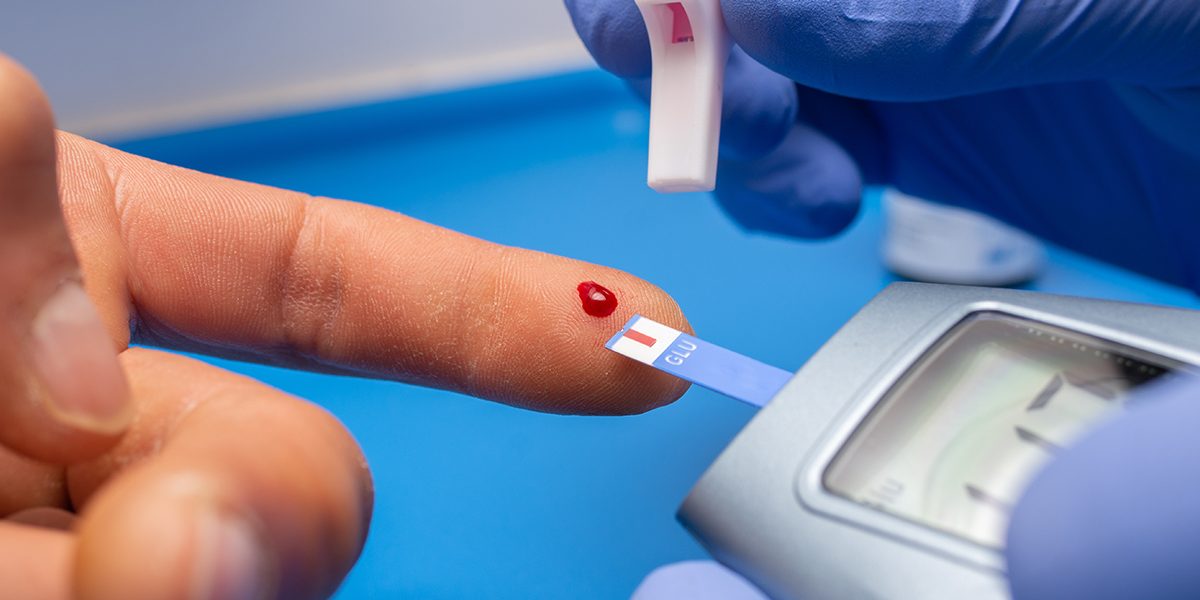Gestational diabetes, a condition that develops during pregnancy, necessitates careful attention and effective management to ensure the well-being of both the mother and the baby. In this blog post, we will explore various strategies for Gestational Diabetes Treatment and Management, thereby empowering expectant mothers with valuable insights for a healthy pregnancy journey.
Understanding Gestational Diabetes
Gestational diabetes is a type of diabetes that occurs during pregnancy when the body cannot produce enough insulin to meet the increased demands. Further, it’s crucial to comprehend the basics of this condition before delving into effective treatment strategies.
Monitoring Blood Sugar Levels
Regular monitoring of blood sugar levels is crucial in managing gestational diabetes, as it provides key insights into glucose fluctuations during pregnancy. Additionally, self-monitoring is essential for informed treatment decisions, aiming to maintain optimal glucose levels and identify trends promptly.
Moreover, this proactive approach allows personalized adjustments in treatment plans, preventing hyperglycaemia and hypoglycaemia, and ultimately safeguarding the health of both the mother and foetus.
Lifestyle Strategies
Effective management of gestational diabetes is crucial, and lifestyle modifications play a key role.
- Balanced Diet and Nutrition
- Follow dietary guidelines emphasizing portion control.
- Choose nutrient-rich foods such as whole grains, lean proteins, as well as a variety of fruits and vegetables.
- Pay attention to carbohydrate intake due to its impact on blood sugar, especially in Indian diets.
- Regular Exercise Routine
- Incorporate safe, moderate-intensity exercises into daily life.
- Consult healthcare providers for exercise routines suitable for pregnant women.
- Monitor blood sugar levels regularly, adjusting activities as needed.
- Keep a detailed record of blood sugar levels to identify patterns and make timely adjustments.
- Medication and Insulin Therapy
- Understand that in some cases, medication or insulin therapy may be necessary.
- Discuss available options with healthcare providers to control blood sugar effectively.
- Collaboration with Healthcare Providers
- Establish a strong partnership with healthcare providers.
- Attend regular check-ups and consultations for comprehensive assessments.
- Work closely with healthcare teams to make necessary adjustments to the treatment plan based on assessments.
To Conclude
Effective gestational diabetes treatment and management involves a personalized and multifaceted approach. By incorporating these strategies into their daily lives, expectant mothers can confidently navigate gestational diabetes, promoting a healthier pregnancy journey for both themselves and their babies








